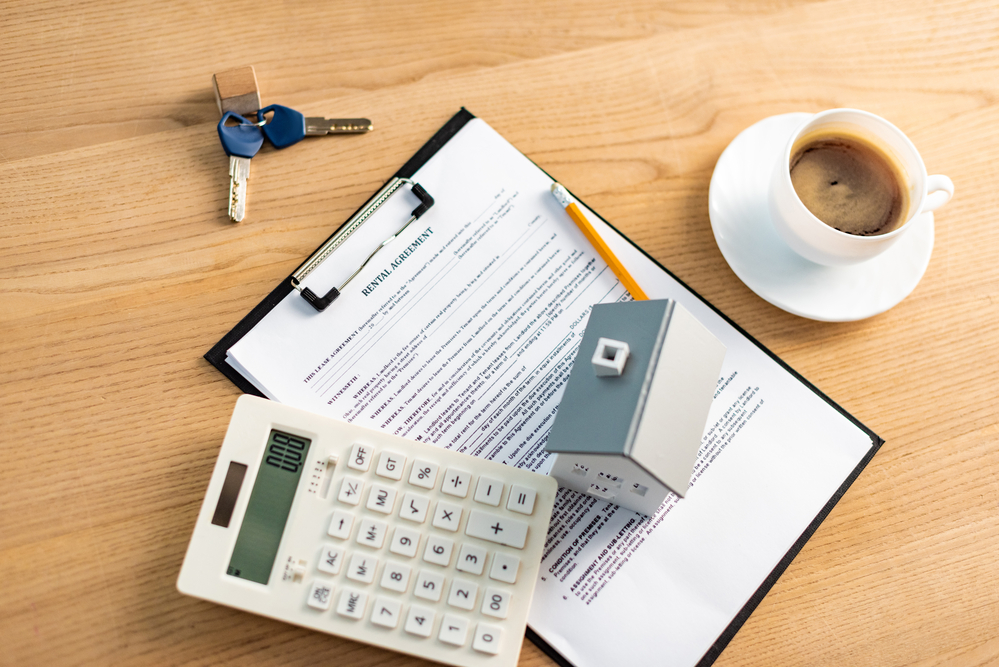Is it a good time to sell my investment property?
This is the most asked question by property owners in the early stages of making a selling decision. However, determining whether it’s a good time for you to sell your residential investment property depends on a variety of factors, including your personal financial goals, the current state of the real estate market and the specific details of your property.
Be careful of media and real estate agents’ comments that the market is on fire and now is the time to cash in. Smart investors know that the market cycles and that the sale of such an asset must improve their life and financial position. Here are some considerations to help you make an informed decision:
- Market Conditions: Research the current state of the real estate market in the location of your property. Factors to consider include property prices, what they sold for, supply and demand, rental market conditions and any recent trends in property values. You may want to consult with local real estate experts to get a better understanding of the market. Use Google reviews to see if they are the real deal before you consider their advice. Sold data of similar properties is what you are looking for to determine the value of your property.
- Investment Goals: Evaluate your investment goals and financial objectives. Are you looking to maximise your return on investment, diversify your investments or reduce exposure to the real estate market? Your goals will play a significant role in deciding whether to sell or hold onto your property.
- Capital Gains Tax (CGT): Understand the tax implications of selling your investment property. You may be subject to Capital Gains Tax when selling a property, certainly, if it’s an investment property. Consult with a tax advisor to determine how much tax you may owe upon sale and how it will impact your finances.
- Property Performance: Analyse the performance of your investment property. Consider factors such as interest rates, insurance, rental income, maintenance costs, and property management expenses. If the property is not performing well and is causing financial strain, it may be a sign that selling is a better option.
- Future Market Predictions: Look at market forecasts and predictions to get an idea of where the real estate market is headed. While no one can predict the future with certainty, this information can help inform your decision.
- Personal Circumstances: Consider your personal circumstances, such as your need for liquidity, your long-term investment strategy and any upcoming life changes that might affect your ability to manage the property and outgoings.
- Property Condition: Assess the condition of your property. If it requires significant repairs or renovations, you’ll need to factor in the costs and potential impact on the property’s value and personal finances.
- Financing: Review your current financing arrangements, including mortgage terms and interest rates. It might be a good time to refinance. If you can secure a better financing deal or if interest rates are favourable, it might influence your decision.
- Alternative Investments: Evaluate alternative investment opportunities and their potential returns compared to your investment property.
Ultimately, the decision to sell your residential investment property should align with your financial goals and the current market conditions. It’s essential to conduct thorough research and possibly consult with financial advisors or tax professional to make an informed choice that best suits your circumstances. Ultimately, selling a major asset must improve your life.
Make sure you have all the information you need to make the right decision for you. At Pike Property we have nearly 30 years of experience, we know and understand our local property market – so make the call today to find out what your property is worth.
Click Now for an instant property appraisal


